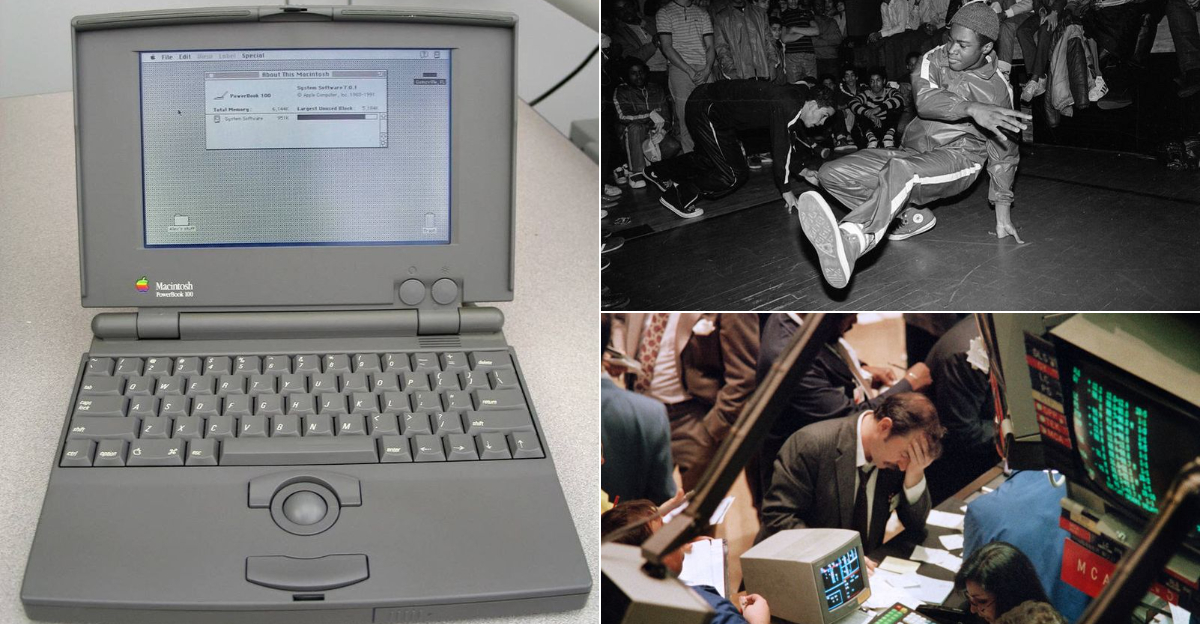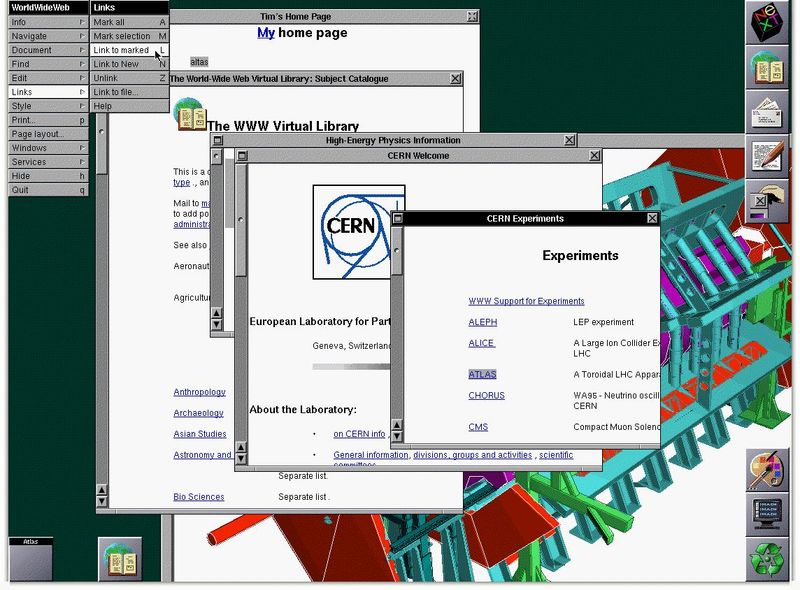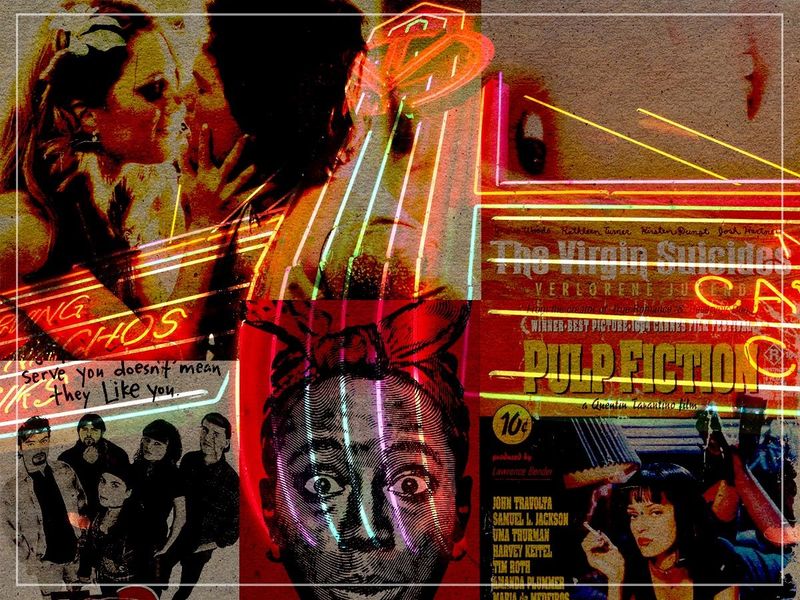Generation X, those born between 1965 and 1980, are often overlooked in discussions about societal change. However, their contributions have been pivotal in shaping the world we know today. From technological advancements to cultural shifts, Gen X has been at the forefront of many transformative movements. Their unique experiences and adaptability have allowed them to bridge the gap between traditional values and modern innovations, making them true unsung heroes.
1. Learned to code on early PCs (hello, dial-up!)
In the 1980s, a curious teenager sat in front of a bulky PC, the sound of a screeching dial-up modem filling the room. This scene was typical for many in Gen X, who learned to code in an era when technology was just beginning to blossom. With limited resources and a lot of creativity, they explored the basics of programming.
These pioneers laid the groundwork for today’s tech-savvy generations. They embraced challenges with enthusiasm, often staying up late to solve complex coding puzzles.
Their early work paved the way for the digital revolution, impacting industries worldwide.
2. Witnessed the birth of the World Wide Web and helped shape it
The early 1990s marked a monumental shift as the World Wide Web emerged. Gen Xers were among the first to witness and shape this digital frontier. Sitting in front of glowing monitors, they navigated early web browsers, marveling at the vastness of information now available.
This generation played a crucial role in developing web design, e-commerce, and online communities. They transformed how we communicate and conduct business, all while adapting to rapid technological changes.
Their insights and innovations continue to influence how we experience the internet today, making them digital trailblazers.
3. Transitioned from vinyl and cassettes to MP3s and streaming
Imagine a music lover in their 30s, who once carefully handled vinyl records and cassettes, now marveling at the convenience of MP3s and streaming. Gen X experienced this profound transition from analog to digital music firsthand.
They embraced Walkmans and Discmans, eventually welcoming MP3 players and streaming services. This adaptability not only broadened musical horizons but also changed how music was consumed globally.
Their willingness to embrace change paved the way for the seamless music experiences we enjoy today, reflecting their ability to balance nostalgia with innovation.
4. Grunge & Alternative Rock (Nirvana, Pearl Jam, Radiohead)
In the early 1990s, the raw energy of grunge and alternative rock swept the music scene, with bands like Nirvana, Pearl Jam, and Radiohead leading the charge. Gen Xers found solace and identity in this music, which spoke to their angst and disillusionment.
The music was more than just sound; it was a cultural movement that challenged societal norms and embraced authenticity. Gen X fans donned flannel shirts and band tees, attending concerts that felt more like communal gatherings.
This era left a lasting impact, influencing future generations with its unapologetic honesty and emotional depth.
5. Hip-Hop’s Golden Age (Tupac, Biggie, Wu-Tang Clan)
The 1990s heralded Hip-Hop’s Golden Age, with artists like Tupac, Biggie, and Wu-Tang Clan crafting tracks that resonated with raw emotion and storytelling. Gen X was at the heart of this movement, embracing its beats and messages.
Block parties became iconic events, where DJs spun records and breakdancers showed off their skills. The genre addressed social issues and personal struggles, making it a powerful voice for change.
Hip-Hop’s influence on fashion, language, and culture can still be felt today, with Gen X having played a vital role in its rise and enduring legacy.
6. Indie Films & Cult Classics (Tarantino, Linklater, Fight Club)
During the 1990s, indie films and cult classics emerged as a defining force in cinema. Directors like Quentin Tarantino and Richard Linklater captured the imagination of Gen X with their unconventional storytelling.
Films like “Fight Club” challenged societal norms and sparked conversations about identity and consumerism. These movies resonated deeply, reflecting the desires and anxieties of a generation.
The indie film movement encouraged creative freedom and risk-taking, leaving an indelible mark on the industry. Gen X’s appreciation for these films helped them gain cult status, influencing filmmakers for decades.
7. Push back against the “work till you drop” Boomer mentality
In an era dominated by a “work till you drop” ethos, Gen X stood apart, advocating for a healthier work-life balance. They questioned the relentless pursuit of career at the expense of personal life.
Conversations about mental health and well-being began to surface, challenging traditional corporate norms. Gen Xers sought flexible work arrangements and prioritized family time, setting a precedent for future generations.
Their pushback against burnout culture paved the way for today’s emphasis on work-life harmony, showing that success doesn’t have to come at the cost of personal happiness and fulfillment.
8. Champion remote work before it was cool (thanks, early laptops!)
Long before remote work became mainstream, Gen X recognized its potential. With early laptops in tow, they explored the possibilities of working from home, balancing professional and personal responsibilities.
This generation embraced telecommuting, valuing the flexibility it offered. They demonstrated that productivity wasn’t confined to traditional office spaces, leading to changes in workplace dynamics.
Their early adoption of remote work strategies laid the groundwork for today’s diverse work environments, showcasing their forward-thinking mindset and adaptability in a rapidly changing world.
9. Popularize the idea that burnout is real—long before “quiet quitting” was a trend
The concept of burnout, now widely recognized, was first brought to light by Gen X. In the competitive workplaces of the 1990s, many found themselves overwhelmed, leading to stress and fatigue.
They began to vocalize the importance of mental health and self-care, challenging the notion that long hours equated to success. Their experiences highlighted the need for balance and sustainability.
This awareness paved the way for current conversations around workplace well-being and “quiet quitting,” emphasizing the importance of a healthy professional mindset.
10. Creating zines, indie labels, and underground scenes
In the 1990s, Gen X carved out spaces for self-expression through zines, indie labels, and underground scenes. These creative outlets became platforms for voices that didn’t fit mainstream molds.
With scissors and glue, they crafted zines that reflected unique perspectives on art, politics, and culture. Indie labels supported musicians who defied commercial expectations, pushing boundaries and experimenting with sound.
These grassroots movements fostered a sense of community and authenticity, encouraging individuality and innovation. Gen X’s embrace of DIY ethos continues to inspire today’s creators, highlighting the timeless appeal of originality.
11. Pioneering punk ethos (“Do it yourself!”)
The punk ethos of “Do it yourself!” resonated deeply with Gen X. In the 1980s, punk rock exploded as a cultural force, promoting independence and rebellion against societal norms.
Punk concerts were raw and energetic, with fans creating their own band merchandise and forming independent labels. The movement rejected polished commercialism, championing authenticity and raw expression.
Gen X embraced this mentality, applying it to various aspects of life. This spirit of self-reliance and creativity continues to inspire future generations, proving that true freedom comes from carving your own path.
12. Being the first generation to question mainstream media (leading to today’s critical thinking around news)
Gen X was the first to critically question mainstream media, paving the way for today’s discerning news consumers. In the 1990s, they began to scrutinize the narratives presented by traditional outlets.
This skepticism led to a surge in alternative media sources, fostering a culture of inquiry and debate. They sought diverse perspectives and questioned biases, promoting media literacy.
Their legacy is evident in today’s emphasis on critical thinking and fact-checking, highlighting the importance of informed dialogue in an ever-evolving media landscape.
13. More self-sufficient kids (latchkey kid energy!)
Growing up as latchkey kids, Gen X learned self-sufficiency from an early age. In the 1980s, many returned from school to empty homes, equipped with a house key and a note from their parents.
This independence cultivated resilience and problem-solving skills. They managed household chores, homework, and leisure time with little supervision, fostering a sense of responsibility.
Their experiences shaped their approach to parenting and work, highlighting the value of autonomy and self-reliance. This legacy of independence continues to influence how future generations navigate challenges and opportunities.
14. A healthy distrust of authority (hello, meme culture)
Gen X cultivated a healthy distrust of authority, questioning societal norms and hierarchies. This skepticism found expression in the burgeoning world of meme culture.
In the 1990s, satirical cartoons and early internet memes mocked political figures and cultural icons, offering sharp commentary on current events. This irreverence promoted critical thinking and humor as tools for challenging power.
Today, meme culture remains a vibrant part of our discourse, with Gen X’s legacy reminding us to question and laugh at the status quo.
15. Raising the first true digital natives (Millennials & Gen Z)
As parents, Gen X played a pivotal role in raising the first true digital natives: Millennials and Gen Z. In the 2000s, they introduced their children to early digital devices, shaping their technological fluency.
Their balanced approach to technology and traditional values helped bridge generational gaps, fostering adaptability and innovation. They understood the power and pitfalls of the digital world, guiding their children to navigate it responsibly.
This nurturing of digital competence and critical thinking has equipped younger generations to thrive in a tech-driven society, reflecting Gen X’s lasting impact as mentors and guides.
16. The 1987 stock crash
October 19, 1987, known as Black Monday, marked a significant financial event that Gen X witnessed in their formative years. The stock market crash sent shockwaves through the global economy.
Many Gen Xers were either entering the workforce or still in school, observing the tumultuous effects on savings, investments, and careers. This experience instilled a cautious approach to finance and investment.
Their understanding of economic volatility influenced their financial decisions, contributing to a more measured and informed approach to personal and professional financial planning.
17. The dot-com bubble burst
In the late 1990s, the dot-com bubble burst, leaving a lasting impact on Gen X. The era of rapid technological investment came to a screeching halt as inflated stock values plummeted.
Many Gen Xers worked in burgeoning tech companies, witnessing firsthand the rise and fall of startups. The burst underscored the importance of sustainable business practices and realistic financial expectations.
This event shaped their perspective on innovation and risk, highlighting the need for balance between ambition and pragmatism in the ever-evolving tech landscape.
18. The 2008 financial crisis
The 2008 financial crisis was a watershed moment for Gen X, many of whom were in mid-career stages or managing family finances. The collapse of major financial institutions caused widespread economic turmoil.
Experiencing job losses and financial instability, they learned the importance of adaptability and resilience in the face of adversity. This crisis reinforced the value of savings and cautious investment.
Gen X’s response to the crisis has informed their approach to economic challenges, emphasizing preparedness and thoughtful decision-making in uncertain times.


















